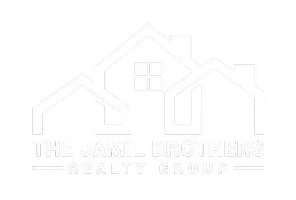The Northern Virginia Housing Market: Boom, Bust, or Balanced?
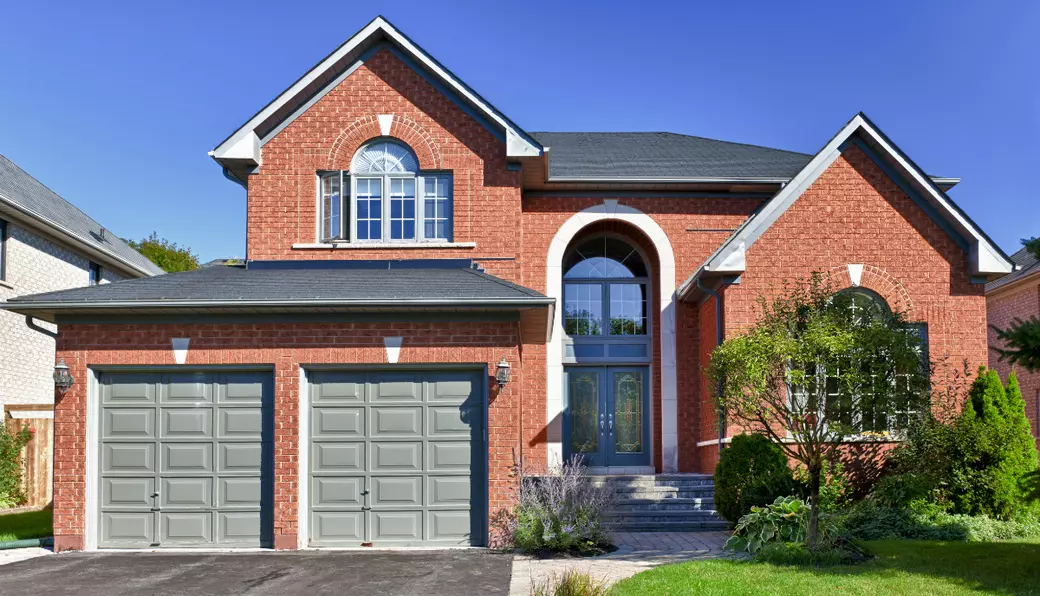
The Northern Virginia housing market has always been a hot topic, but in 2025, it's attracting even more attention. Buyers, sellers, and investors are all wondering: is the market heading for a downturn, or is it still a strong investment? Let’s dive into the current state of the market, the potential for a crash, and what the future holds.
Current Market Conditions
Northern Virginia remains one of the most desirable real estate markets in the country, thanks to its proximity to Washington, D.C., strong job market, and high quality of life. Over the past few years, home prices have soared, driven by low inventory, high demand, and historically low interest rates. However, as we enter 2025, things are shifting.
Interest rates have risen compared to pandemic-era lows, making borrowing more expensive. As a result, some buyers are stepping back, causing a slight cooldown in home price growth. However, unlike other markets that may be experiencing sharp declines, Northern Virginia remains resilient due to its diverse economy and continued demand for housing.
Is a Market Crash Coming?
Talk of a housing crash often sparks fear, but the data doesn’t support a drastic drop in home values for Northern Virginia. Here’s why:
-
Strong Job Market: With major employers like Amazon’s HQ2 in Arlington, government agencies, and the tech sector continuing to grow, demand for housing remains high.
-
Limited Inventory: While the market has cooled slightly, there is still a shortage of available homes, preventing a rapid drop in prices.
-
Stable Homeowners: Unlike the 2008 crash, most homeowners today have substantial equity in their homes, reducing the risk of widespread foreclosures.
While prices may not continue their rapid rise, they are more likely to stabilize rather than collapse.
Future Predictions and Opportunities
The Northern Virginia market is transitioning from a seller’s market to a more balanced one. Here’s what buyers and sellers can expect:
-
Buyers: Higher interest rates mean affordability is a challenge, but there may be more negotiating power as bidding wars slow down.
-
Sellers: While prices aren’t dropping dramatically, homes may take longer to sell, and strategic pricing will be key.
-
Investors: With the rental market still strong, real estate remains a solid long-term investment, especially in areas with high job growth.
Final Thoughts
While the Northern Virginia housing market isn’t immune to economic fluctuations, its strong fundamentals make it a resilient and attractive market. Whether you’re looking to buy, sell, or invest, staying informed and working with a knowledgeable real estate professional can help you make the best decision in this evolving landscape.
Are you keeping an eye on the Northern Virginia housing market? Share your thoughts and predictions in the comments below!
Recent Posts
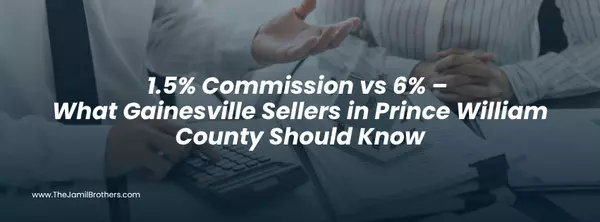


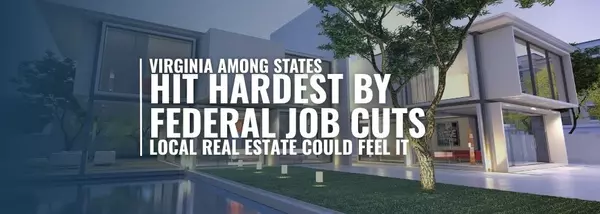
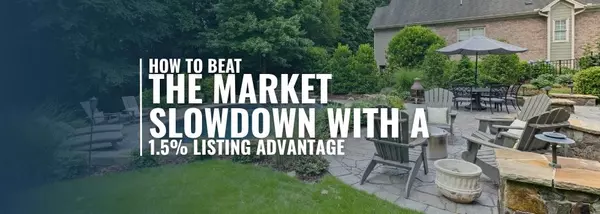

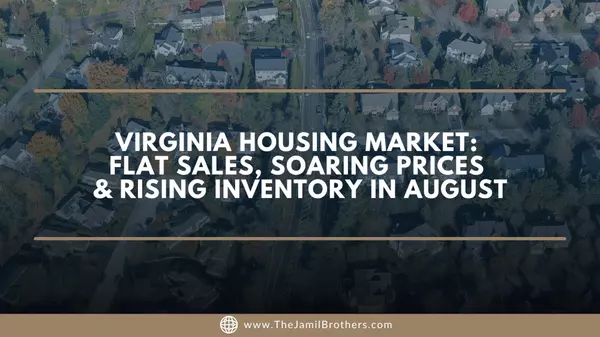


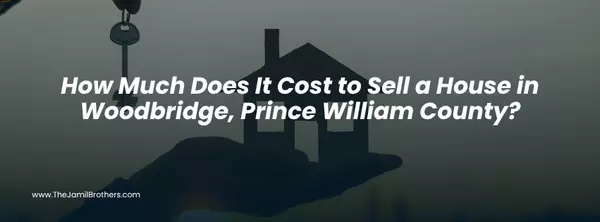
Let's Connect

